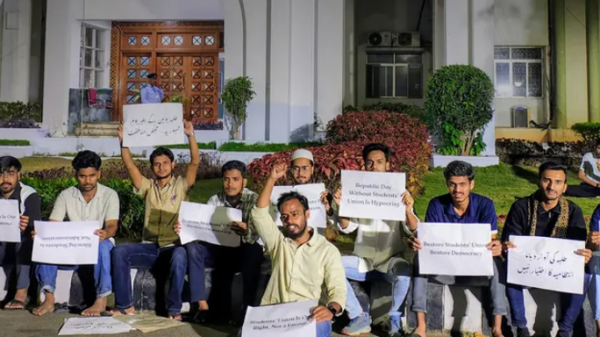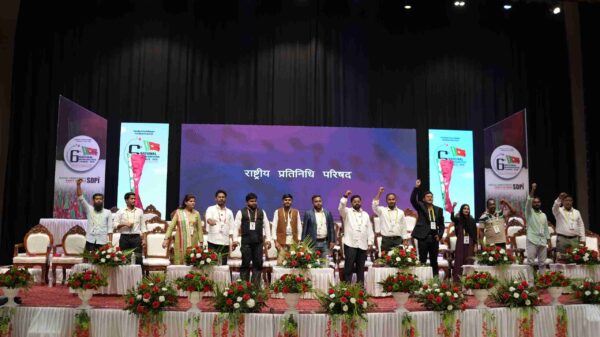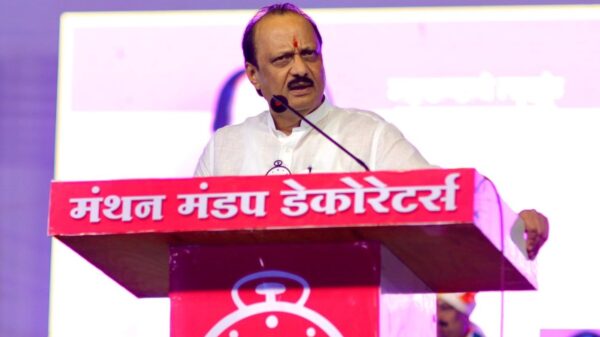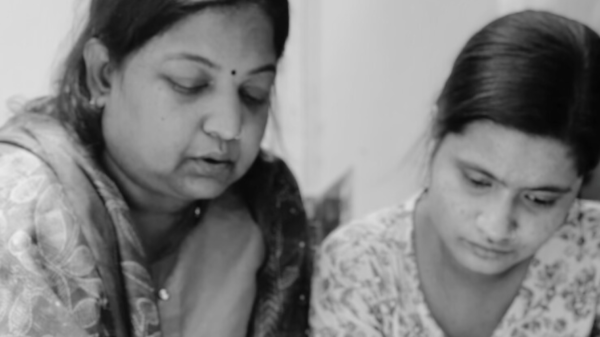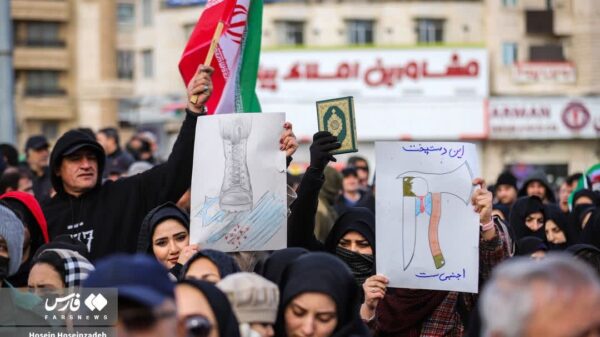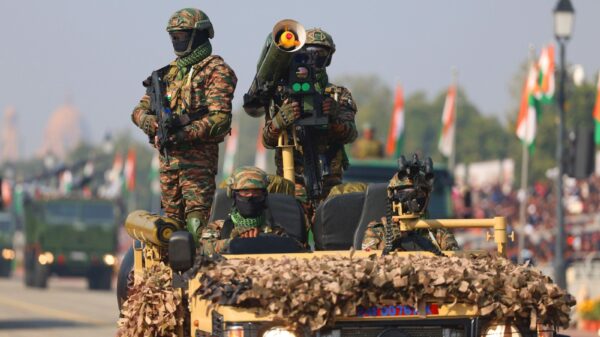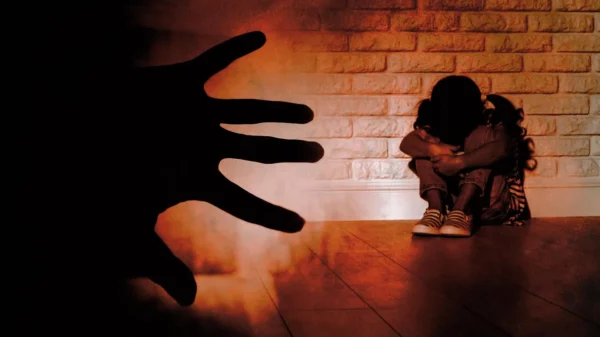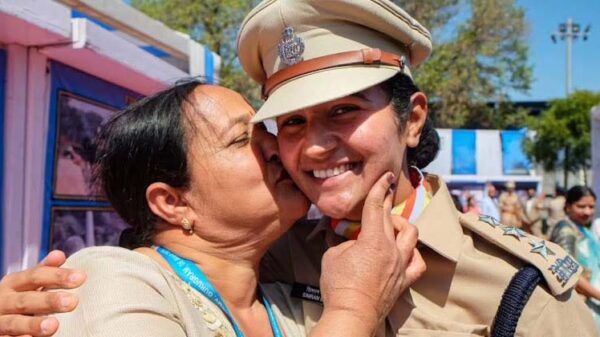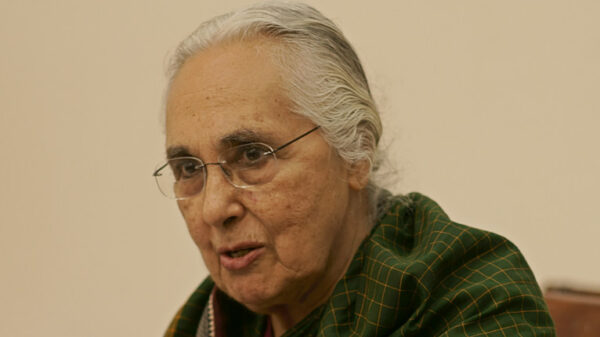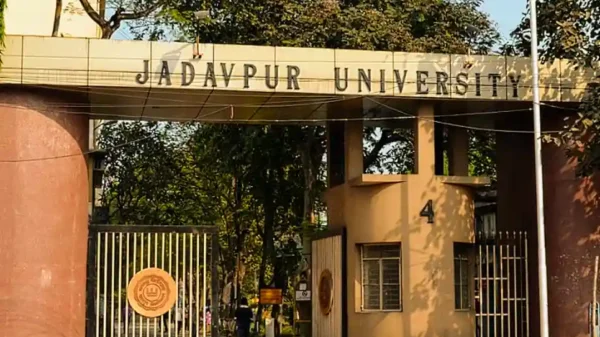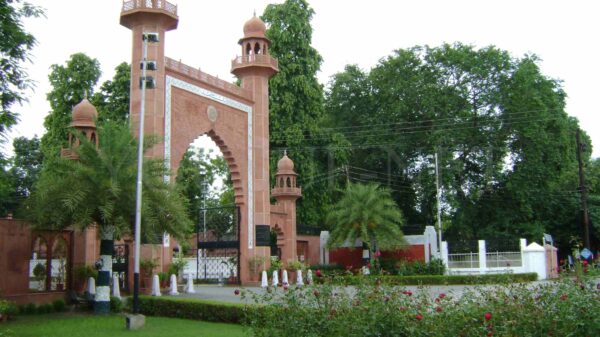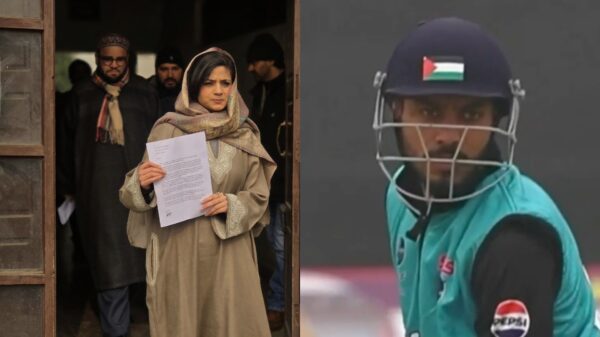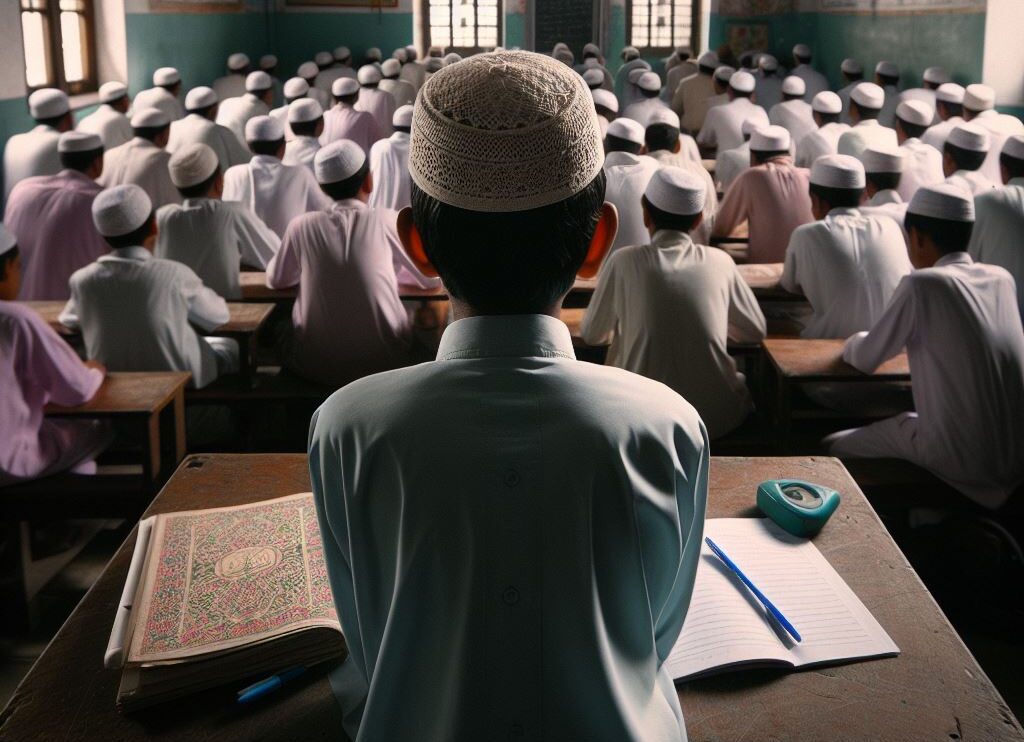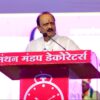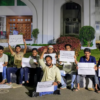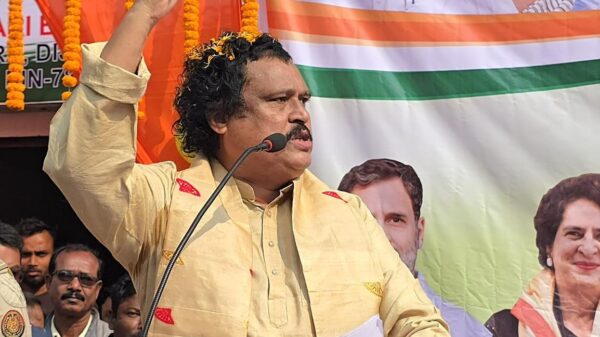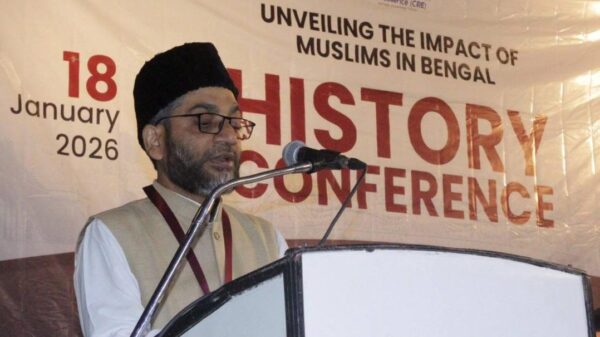The Supreme Court upheld the constitutional validity of the 2004 Uttar Pradesh Board of Madrassa Education Law, overturning a previous Allahabad High Court ruling that deemed it unconstitutional on the grounds of violating the principle of secularism.
The Supreme Court’s bench, led by Chief Justice of India D.Y. Chandrachud, criticized the high court’s assessment, stating that it erred in its judgment regarding secularism.
“We have upheld the validity of the UP madrassa law and moreover a statute can be struck down only if the State lacks the legislative competence,” the CJI said while pronouncing the verdict.
This ruling is a major relief for the teachers and approximately 1.7 million students enrolled in madrassas, especially since the high court had previously ordered the closure of these seminaries and the transfer of their students to other schools. The Supreme Court’s decision on October 22 followed extensive hearings, where legal arguments were presented on behalf of multiple petitioners, including Anjum Kadari, as well as the Uttar Pradesh government’s counsel, Additional Solicitor General K.M. Natraj.
The Allahabad High Court had declared the law unconstitutional in March 2024, asserting that it conflicted with secular principles and instructing the state to integrate madrassa students into the formal education system.
The Supreme Court had stayed this order on April 5, providing temporary relief to the madrassa community until this latest ruling was made.






